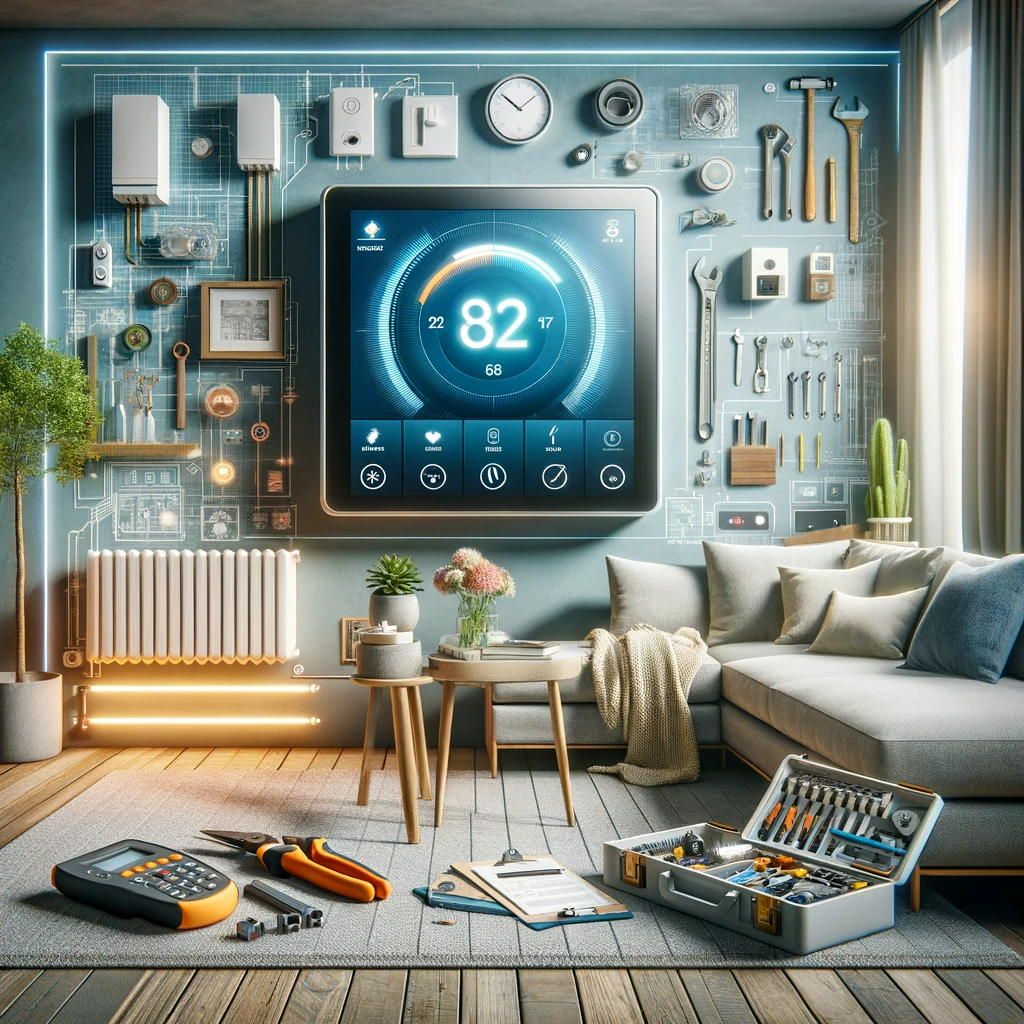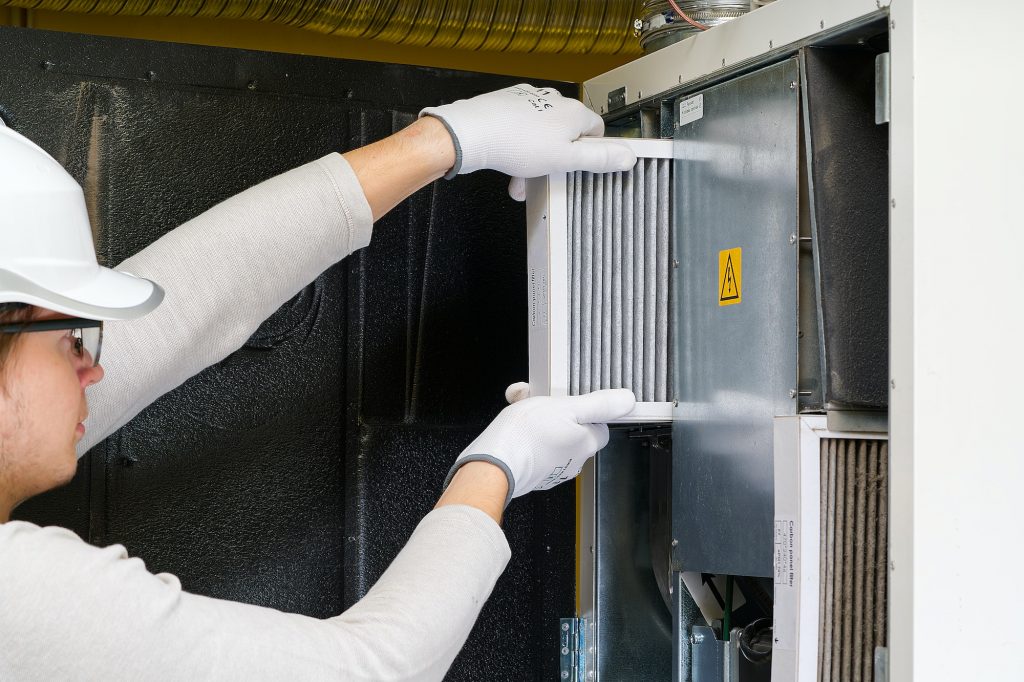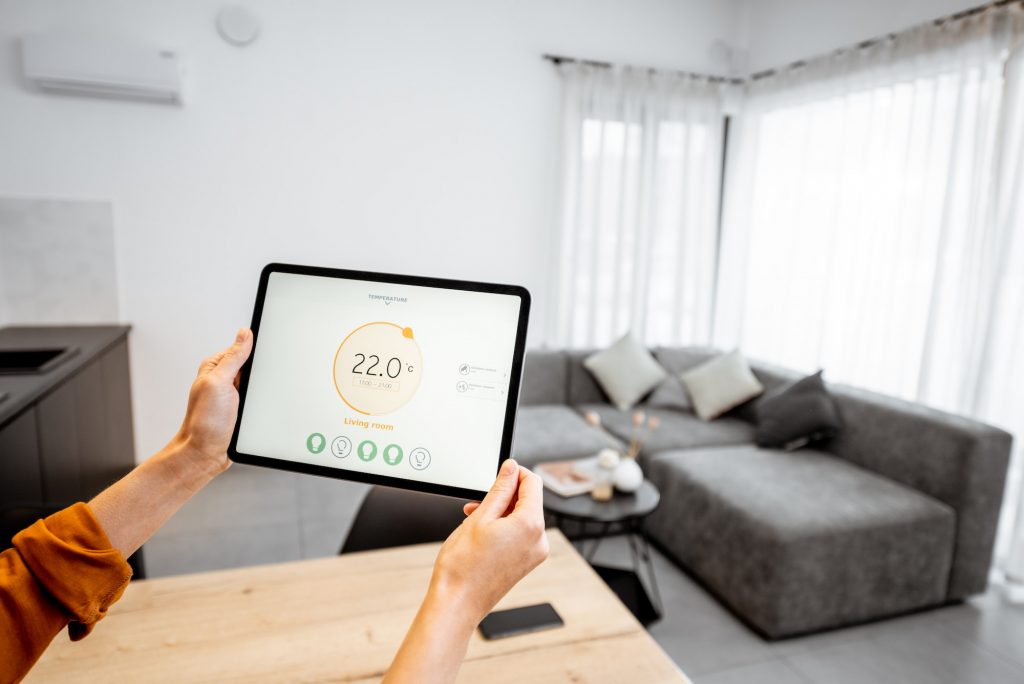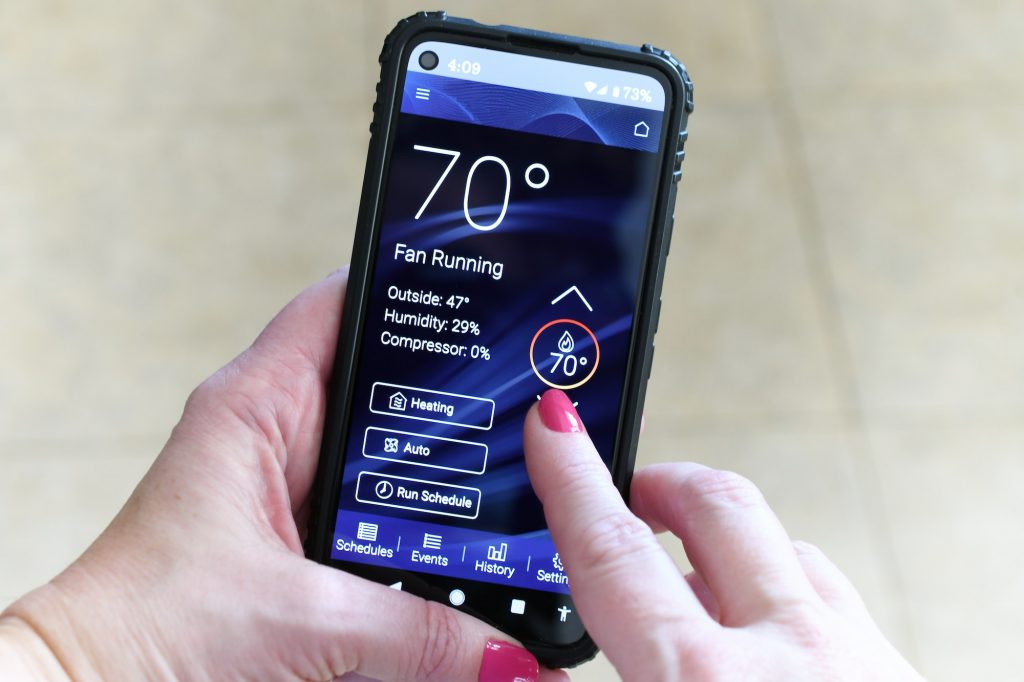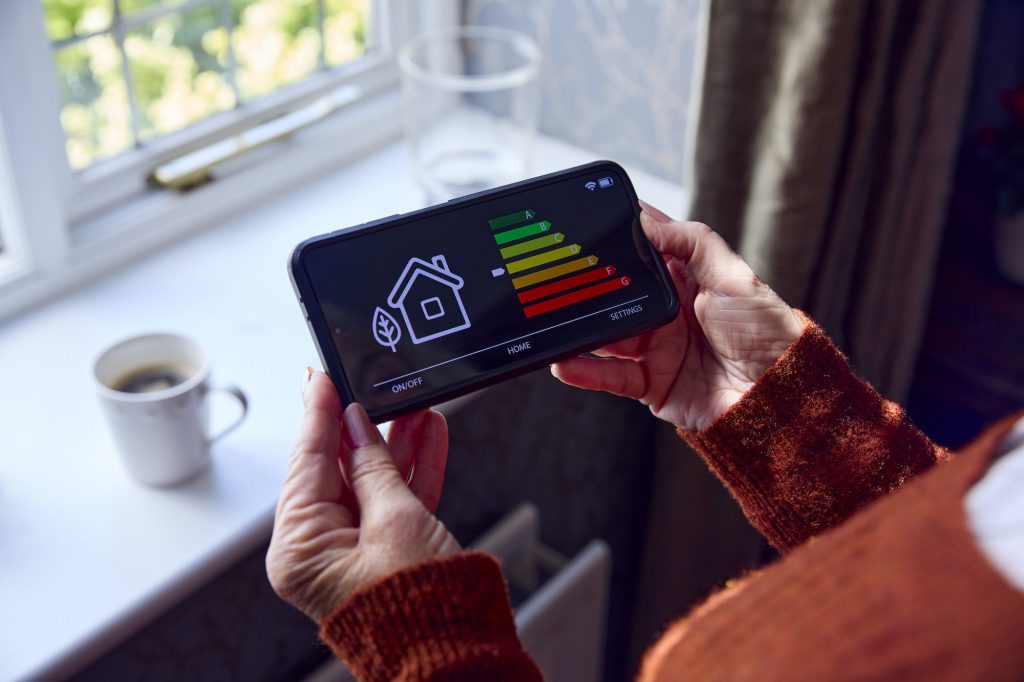Heating systems are essential for any home or building to provide comfort during colder months. There are various types of heating systems available in the market, and each comes with its own set of advantages and disadvantages. In this article, we will discuss the pros and cons of different heating systems to help you make an informed decision.

Gas Central Heating
Gas central heating is a popular heating system in the UK that uses gas as a fuel to heat water, which in turn, heats the radiators and provides hot water to the taps. It has the following pros and cons:
Pros
- Easy to replace a standard gas boiler with a modern more efficient condensing boiler, improving your cost efficiency with an upgrade [3].
- Capable of heating larger homes as they are more powerful than electric boilers [3].
Cons
- Expensive and disruptive to install a gas central heating system from scratch [2].
- It isn’t a ‘green’ source of energy as it produces carbon dioxide when burned [2].
Oil Central Heating
Oil central heating is another popular heating system in the UK that uses oil as a fuel to heat water, which in turn, heats the radiators and provides hot water to the taps. It has the following pros and cons:
Pros
- Similar to gas central heating, it is capable of heating larger homes as they are more powerful than electric boilers [3].
Cons
- Expensive and disruptive to install an oil central heating system from scratch [2].
- Not a ‘green’ source of energy as it produces carbon dioxide when burned [2].
Electric Central Heating
Electric central heating is a heating system that uses electricity to heat the radiators and provide hot water to the taps. It has the following pros and cons:
Pros
- Electric heaters can be much cheaper to install than gas central heating [4].
- Little maintenance is needed as they don’t have pipework or a gas flue and don’t need annual servicing [4].
- More efficient than gas boilers as all the electricity they use is turned into heat [4].
Cons
- Electricity is anywhere between 3 and 4 times more expensive than gas when you break it down to cost per unit [7].
- Less effective for heating large environments and more expensive because they consume a large amount of electricity [5].
Heat Pumps
Heat pumps are heating system that uses electricity to move heat from one location to another instead of generating heat directly. It has the following pros and cons:
Pros
- Cheaper to run than systems based on combustion [6].
- Less maintenance is required than combustion heating systems [6].
- Carbon emissions are significantly reduced [6].
- Heat pumps can conveniently be switched to cooling mode during the summer [6].
Cons
- Expensive to install, and the initial cost can be high [6].
- Might not work well in areas with extremely cold temperatures [6].
Biomass Heating System
Biomass heating systems use organic materials like wood pellets, chips, or logs to generate heat. It has the following pros and cons:
Pros
- The main advantage of these heating systems is they don’t always require installation and maintain the air clean as they don’t release fumes or funny odours [5].
Cons
- Less effective for heating large environments [5].
- More expensive because they consume a large amount of electricity [5].
Underfloor Heating
Underfloor heating is a heating system where the floor is heated from underneath using pipes or electrical heating elements. It has the following pros and cons:
Pros
- Reduces cold spots across large areas [8].
- Runs at a lower temperature than radiators, meaning UFH is more energy efficient [8].
- Compatible with many types of flooring [8].
Cons
- Expensive to install, and the initial cost can be high [8].
Propane Heat
Propane heat is another heating system that uses propane gas to generate heat. It has the following pros and cons:
Pros
- A few degrees warmer than natural gas, so it warms your home slightly better [9].
Cons
- The most expensive type of heat and does not come with air conditioning [9].
- You also have to stay on top of scheduling service to fill up your tank, which may cause you to be out of heat [9].
Forced-Air Systems
Forced-air systems use a furnace to generate hot air that is circulated through the building using ductwork. It has the following pros and cons:
Pros
Cons
- Many are not energy-efficient [10].
- Some users complain that moving air is noisy and blows allergens around the house [10].
Steam or Hot-Water Radiators
Steam or hot-water radiators use a boiler to generate steam or hot water, which is then circulated through the building using radiators. It has the following pros and cons:
Pros
- Comfortable and energy-efficient [10].
Cons
- Expensive and disruptive to install a steam or hot-water radiator system from scratch [10].
Conclusion
Choosing the right heating system for your home or building depends on various factors, including your budget, energy efficiency, and personal preferences. Gas central heating and oil central heating are popular options, but they may not be the most environmentally friendly. Electric central heating and heat pumps are more energy-efficient, but the initial installation cost can be high. Underfloor heating and biomass heating systems are also good options, but they can be expensive to install. Propane heat, forced-air systems, and steam or hot-water radiators are other options, but they may not be as energy-efficient as other systems. Ultimately, the decision depends on your individual needs and circumstances.


